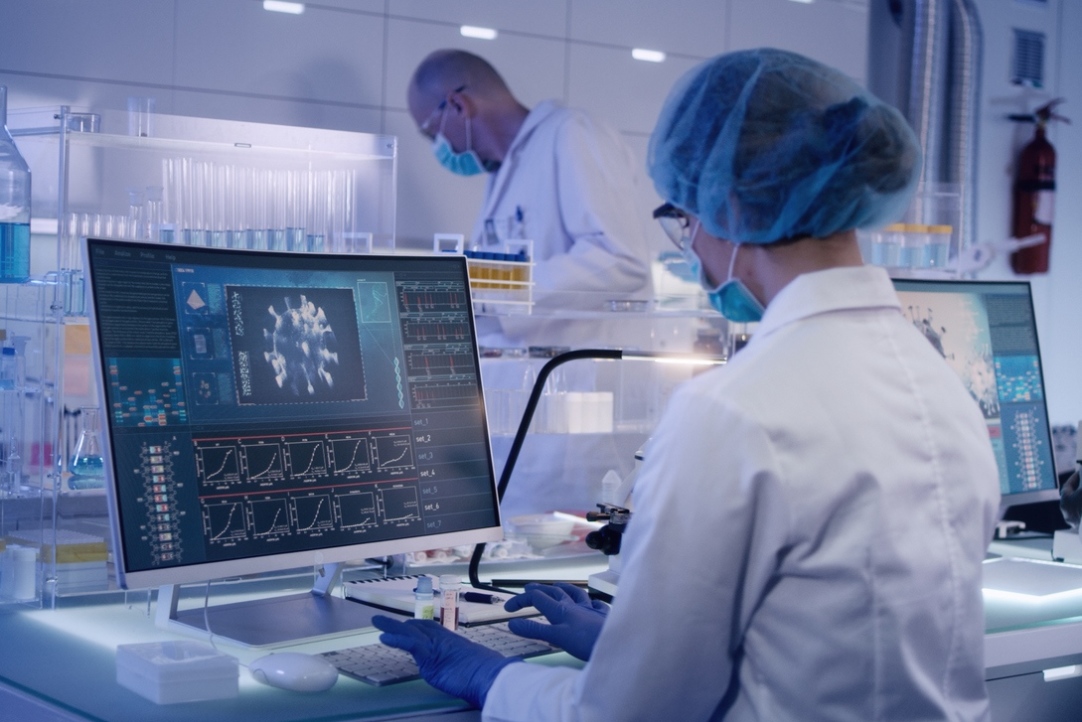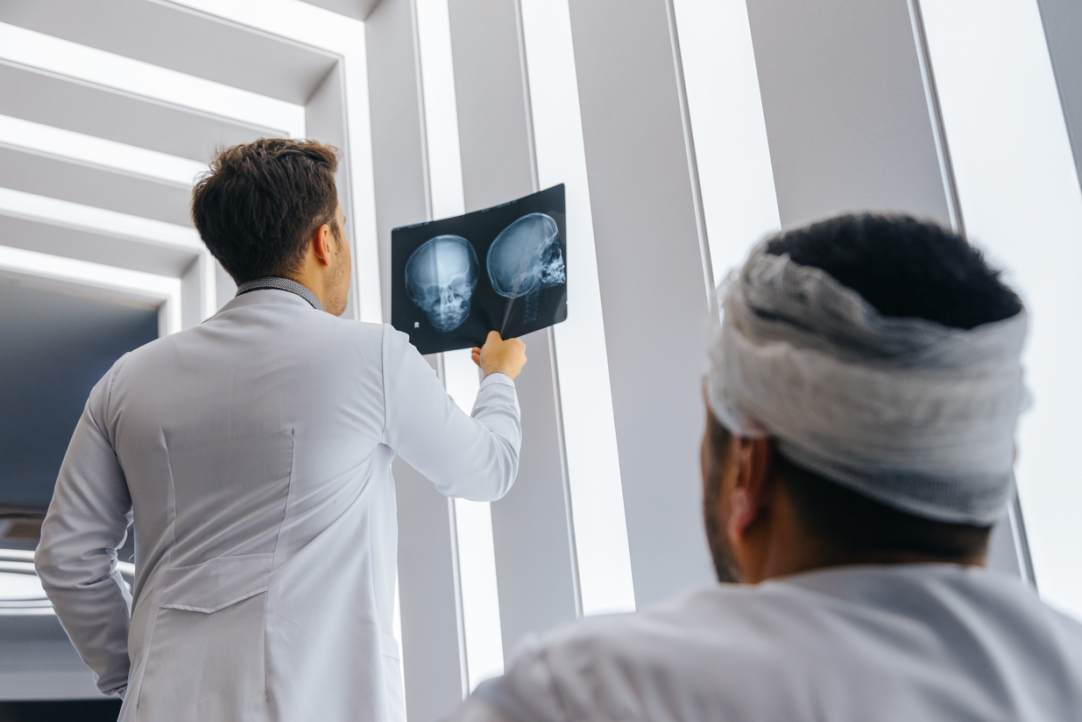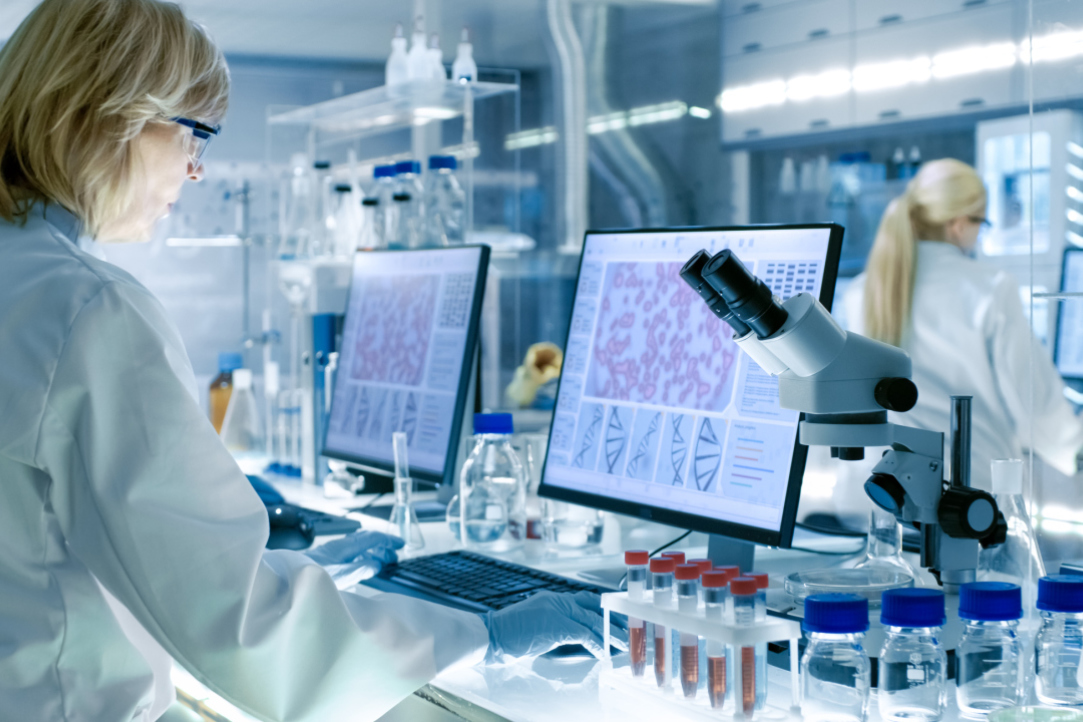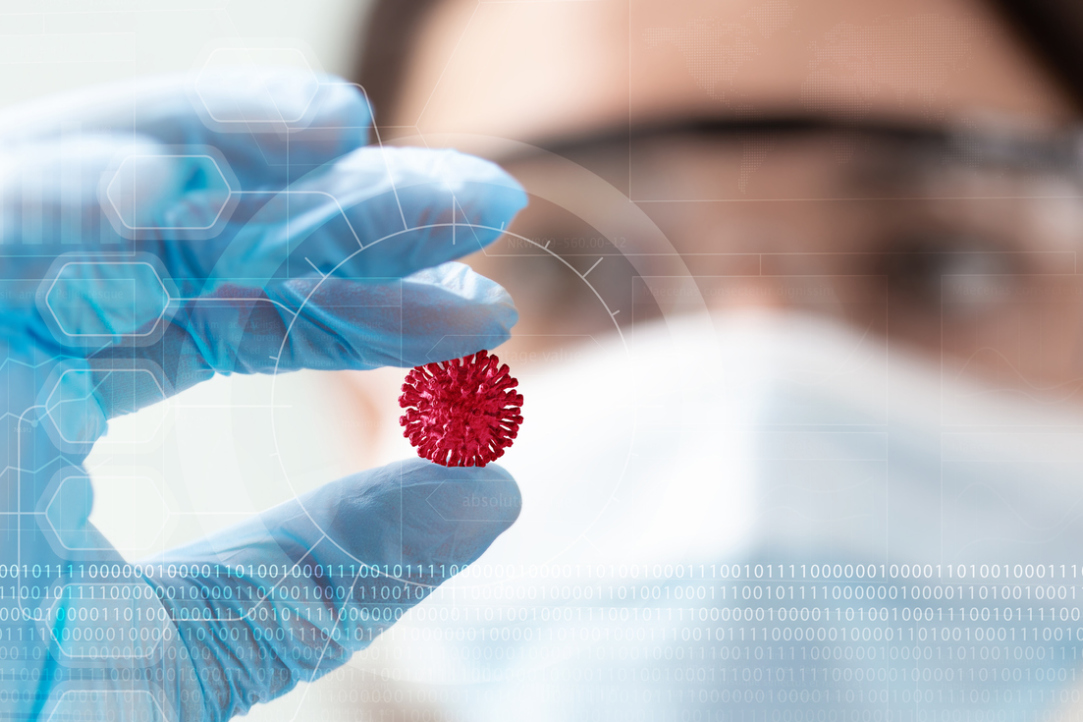
Russian Scientists Investigate the Immune Response to SARS-CoV-2 Variants
HSE University researchers assessed the effectiveness of the T-cell immune response to 11 variants of SARS-CoV-2. Their findings have been published in Nucleic Acids Research.

Hormones Can Help Brain Recover after Injury
An international team of researchers including Alexander Tonevitsky, Professor at HSE’s Faculty of Biology and Biotechnology, found that pituitary hormones may produce different effects on the left and right sides of the body following a traumatic brain injury. These differences can accelerate the development of motor disorders. Researchers are trying to determine whether treatment that blocks the corresponding hormones can counteract these effects. The results of the study were published in the journal eLife.

HSE Researchers Discover Nucleotide Sequence Responsible for Effectively Fighting Pathologies
Researchers from HSE University have discovered nucleotide sequences characteristic of microRNA isoforms (microRNAs with errors). The discovery will help predict errors in microRNA behaviour and create drugs that can detect targets (such as viruses) more effectively. The results of the study have been published in the RNA Biology journal.
.jpg)
Researchers Reveal Genetic Predisposition to Severe COVID-19
HSE University researchers have become the first in the world to discover genetic predisposition to severe COVID-19. The results of the study were published in the journal Frontiers in Immunology.
Frontiers Pharmacology magazine published an article «HIF Prolyl Hydroxylase Inhibitors for COVID-19 Treatment: Pros and Cons»
A collaborative study by a group of scientists from the International Laboratory for Microphysiological Systems has been published that analyzes the potential benefits and challenges of using HIF prolyl hydroxylase inhibitors as a treatment for COVID-19

Researchers Find Therapeutic Targets to Fight SARS-CoV-2
Researchers from HSE University have developed new approaches for regulating the expression of ACE2 and TMPRSS2 enzymes, which play a crucial role in cell infection with SARS-CoV-2. The scholars discovered that small non-coding microRNA (miRNA) molecules are capable of performing a targeted decrease in ACE2 and TMPRSS2. The results of the study have been published in PLOS ONE journal.
Article "Biology-inspired Microphysiological Systems to Advance Patient Benefit and Animal Welfare in Drug Development" is published in ALTEX
Joint scientific work is published by Alexander Tonevitsky, the Dean of Faculty of Biology and Biotechnology of the Higher School of Economics and foreign colleagues
